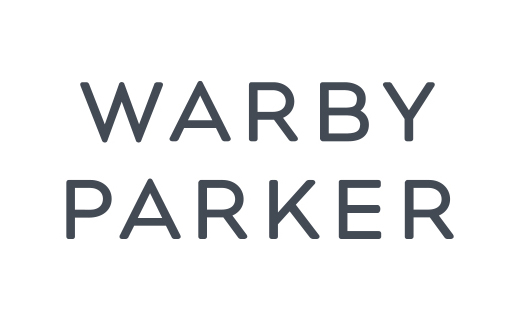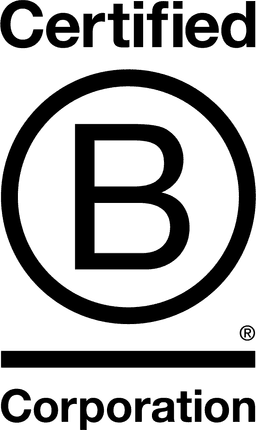

Warby Parker

New York, United States
May 2011
Other retail sale
Wholesale/Retail
Canada,
United States
Warby Parker was founded with a mission: to inspire and impact the world with vision, purpose, and style. Warby Parker is constantly asking how they can do more and make a greater impact—and that starts by reimagining everything that a company and industry can be. The lifestyle brand aims to demonstrate that a business can scale, be profitable, and do good in the world— without charging a premium for it. Since the day the company launched in 2010, Warby Parker has pioneered ideas, designed products, and developed technologies that help people see. They offer everything you need for happier eyes at a price that leaves you with money in your pocket, from designer-quality glasses and contacts to eye exams and vision tests, and you can meet them online, at their stores, or even in your home. Wherever and whenever you need it, Warby Parker is there to make exceptional vision care simple and accessible. (Delightful, too.) Ultimately, Warby Parker believes in vision for all, which is why for every pair of glasses or sunglasses they sell, a pair of glasses is distributed to someone in need through Warby Parker’s Buy a Pair, Give a Pair program. As of 2020, over eight million pairs have been distributed.
Overall B Impact Score
Governance 17.1
Governance evaluates a company's overall mission, engagement around its social/environmental impact, ethics, and transparency. This section also evaluates the ability of a company to protect their mission and formally consider stakeholders in decision making through their corporate structure (e.g. benefit corporation) or corporate governing documents.
What is this? A company with an Impact Business Model is intentionally designed to create a specific positive outcome for one of its stakeholders - such as workers, community, environment, or customers.
Workers 21.9
Workers evaluates a company’s contributions to its employees’ financial security, health & safety, wellness, career development, and engagement & satisfaction. In addition, this section recognizes business models designed to benefit workers, such as companies that are at least 40% owned by non-executive employees and those that have workforce development programs to support individuals with barriers to employment.
Community 25.7
Community evaluates a company’s engagement with and impact on the communities in which it operates, hires from, and sources from. Topics include diversity, equity & inclusion, economic impact, civic engagement, charitable giving, and supply chain management. In addition, this section recognizes business models that are designed to address specific community-oriented problems, such as poverty alleviation through fair trade sourcing or distribution via microenterprises, producer cooperative models, locally focused economic development, and formal charitable giving commitments.
Environment 18.1
Environment evaluates a company’s overall environmental management practices as well as its impact on the air, climate, water, land, and biodiversity. This includes the direct impact of a company’s operations and, when applicable its supply chain and distribution channels. This section also recognizes companies with environmentally innovative production processes and those that sell products or services that have a positive environmental impact. Some examples might include products and services that create renewable energy, reduce consumption or waste, conserve land or wildlife, provide less toxic alternatives to the market, or educate people about environmental problems.
Customers 15.0
Customers evaluates a company’s stewardship of its customers through the quality of its products and services, ethical marketing, data privacy and security, and feedback channels. In addition, this section recognizes products or services that are designed to address a particular social problem for or through its customers, such as health or educational products, arts & media products, serving underserved customers/clients, and services that improve the social impact of other businesses or organizations.
What is this? A company with an Impact Business Model is intentionally designed to create a specific positive outcome for one of its stakeholders - such as workers, community, environment, or customers.